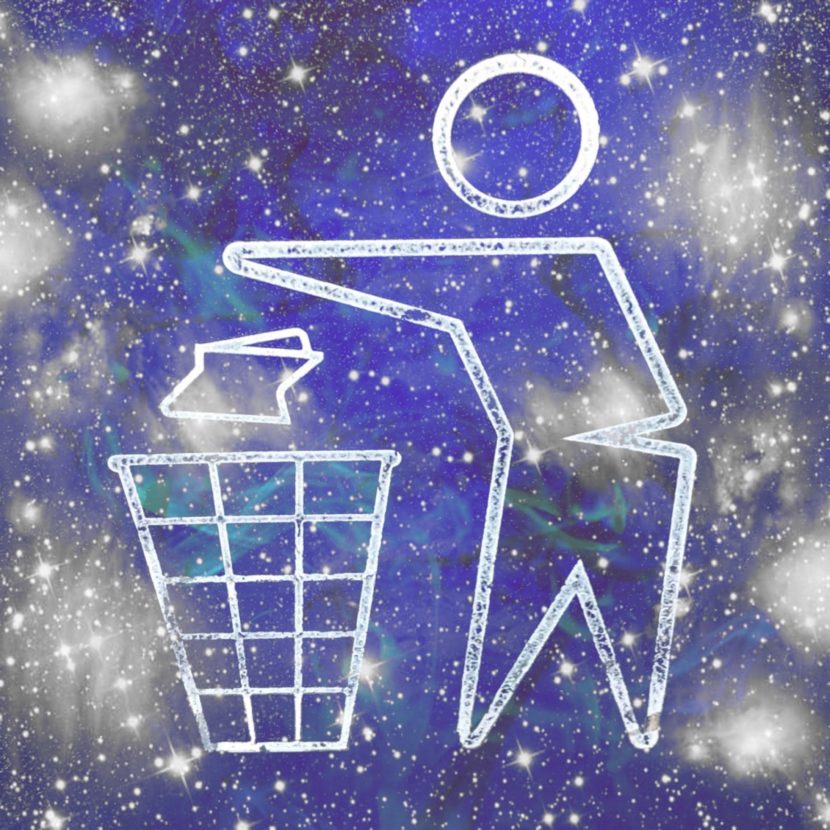Science and technology are everywhere in our lives. This podcast takes a look not only at the science itself, but its role in society, how it affects our lives, and how it influences how we define ourselves as humans. Episodes also throw in a mix of culture, history, ethics, philosophy, religion, and the future! Hosted by Elizabeth Fernandez, an astronomer and science communicator. Let’s spark some dialog! How to subscribe to and rate the podcast.
It’s About Time – A Podcast in the Fourth Dimension
What is time? Why do we see time only run in one direction? Is time travel possible? And what happened “before” the Big Bang? We talk to Dr. Jonathan Tallant about the philosophy of time, and how these ideas stand up to modern science.
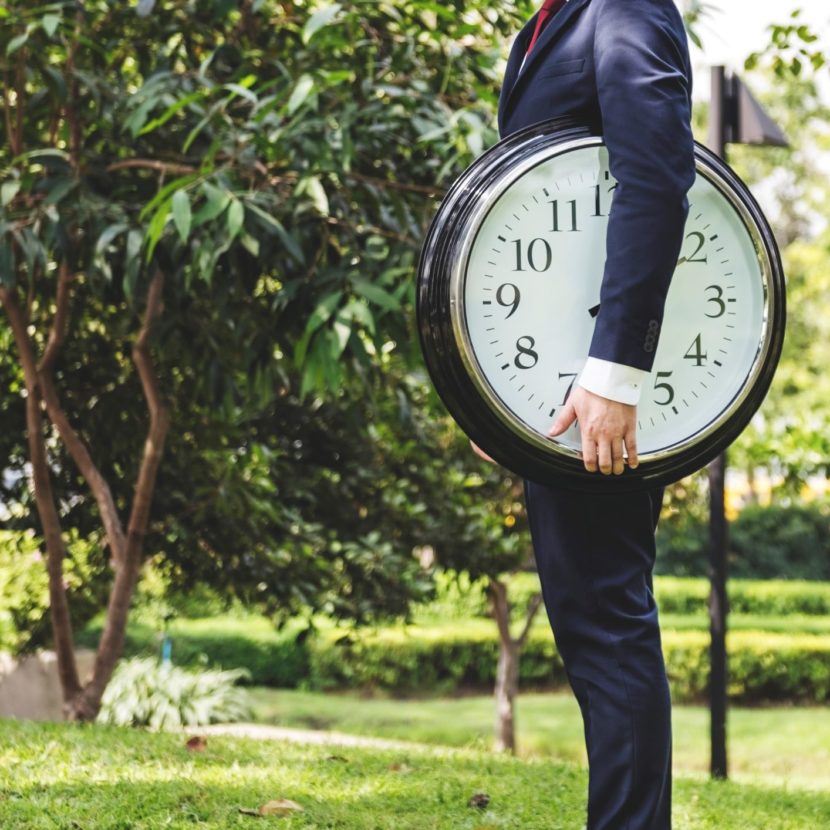

3D Printed Buildings – From Earth to Mars
Some locations are so remote it’s hard to deliver materials to build houses and infrastructure. Today we talk to Keegan Kirkpatrick from RedWorks, a company that seeks to use 3D printers to print an entire building using in-situ material, both on Earth and on Mars.
Transforming Agriculture in Africa
Agriculture in Africa has its share of challenges. Today we talk to Samantha Salimu on technology being employed right now to make food more nutritious and plentiful, and how changes in technology, economic policy, and women’s rights can transform how farming is done in Africa.
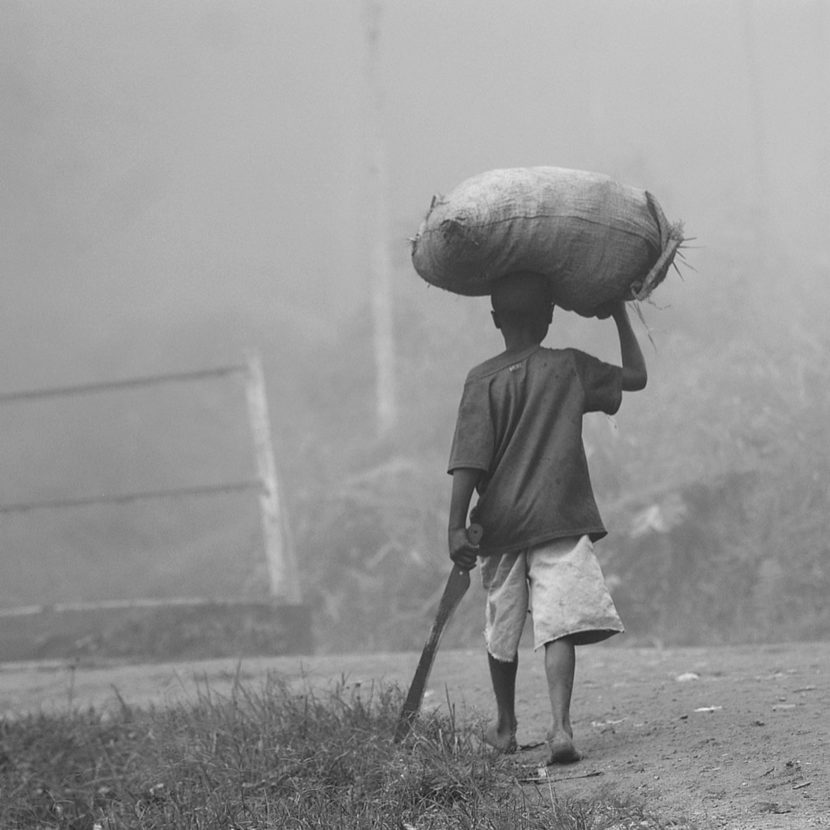
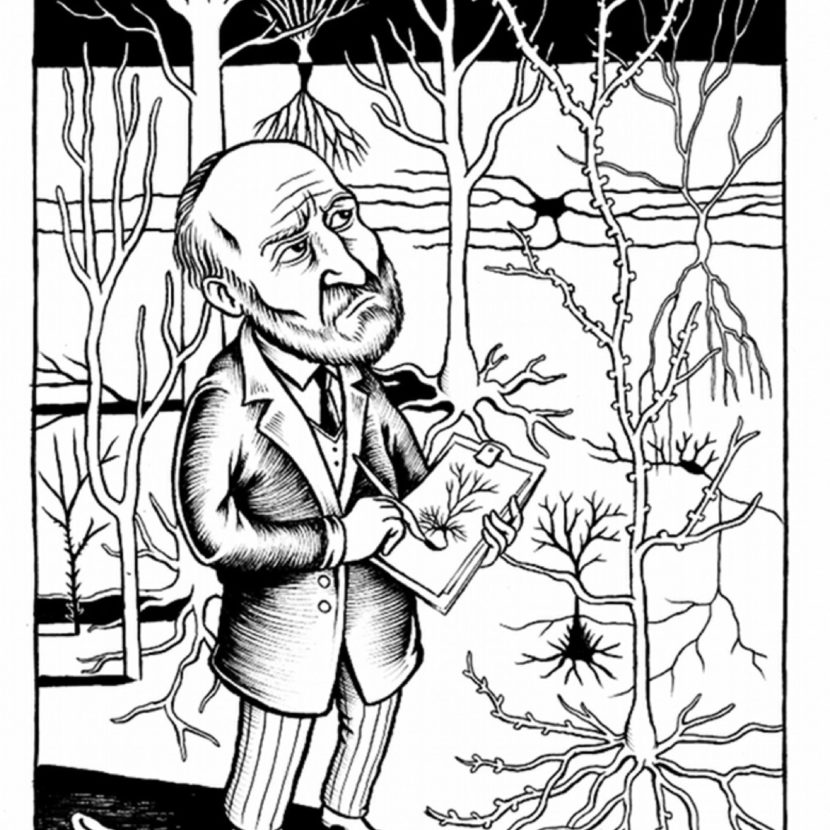
Down the Rabbit Hole: Scientific Comics and Storytelling
Scientific comics can be a surprising, yet effective way to communicate science. I talk to Dr. Matteo Farinella about how he uses comics to teach science, his graphic novels and comics, and how he uses characters and metaphor to bring science to life.
To GM or not to GM: GMOs in a Changing World
Today we talk to Dr. Sarah Evanega from the Alliance for Science about the safety of GMO crops and how they view GMOs in the developing world.
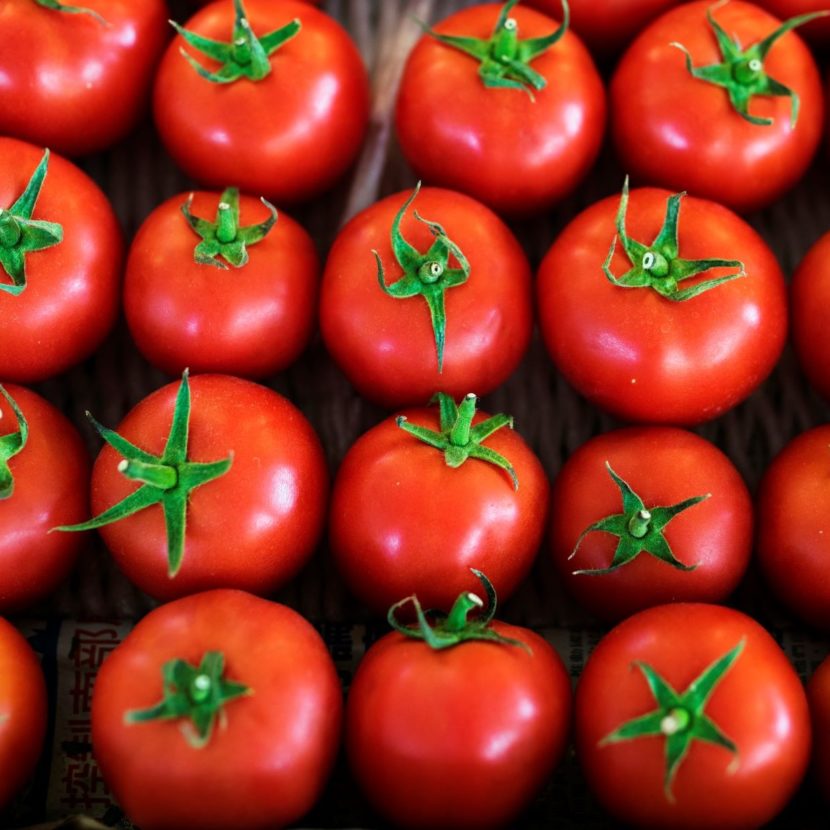
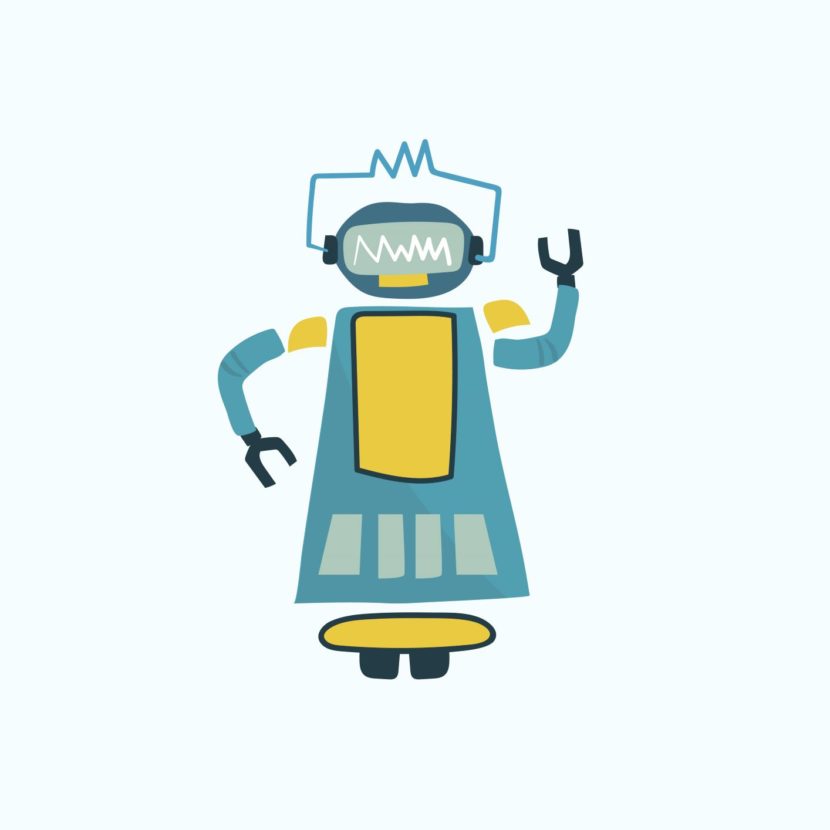
From Rosie to RoboCop: Gender, Religion, and Robots
From Rosie to RoboCop, robots are reinforcing gender roles within society. Robotic designers and even users see “female” or “male” robots very differently. We talk to Dr. Jennifer Robertson, an expert on robotics and culture, about robots and sexism, religion, family, and culture.
Keep on Moving, Stop Climate Change
Transportation is responsible for 23% of global emissions. If we could make getting from point A to point B cleaner, it would go a long way in combatting climate change. Today, we talk to Dr. Ryan Allard, a transportation specialist from Project Drawdown. Project Drawdown is a no-profit organization focused on using existing technology to slow, and even reverse, climate change.
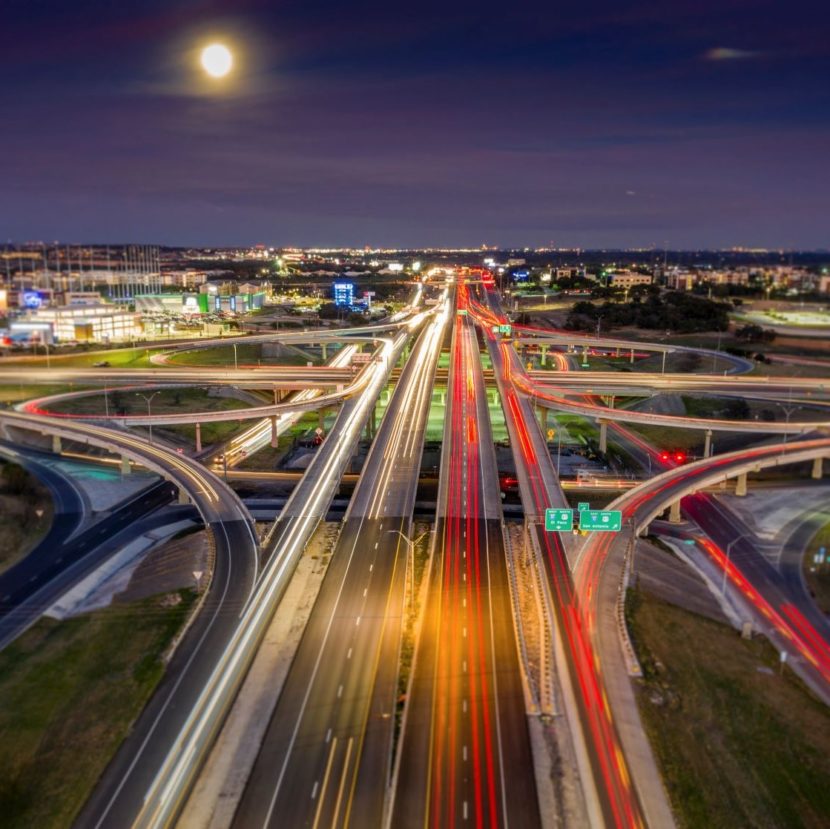
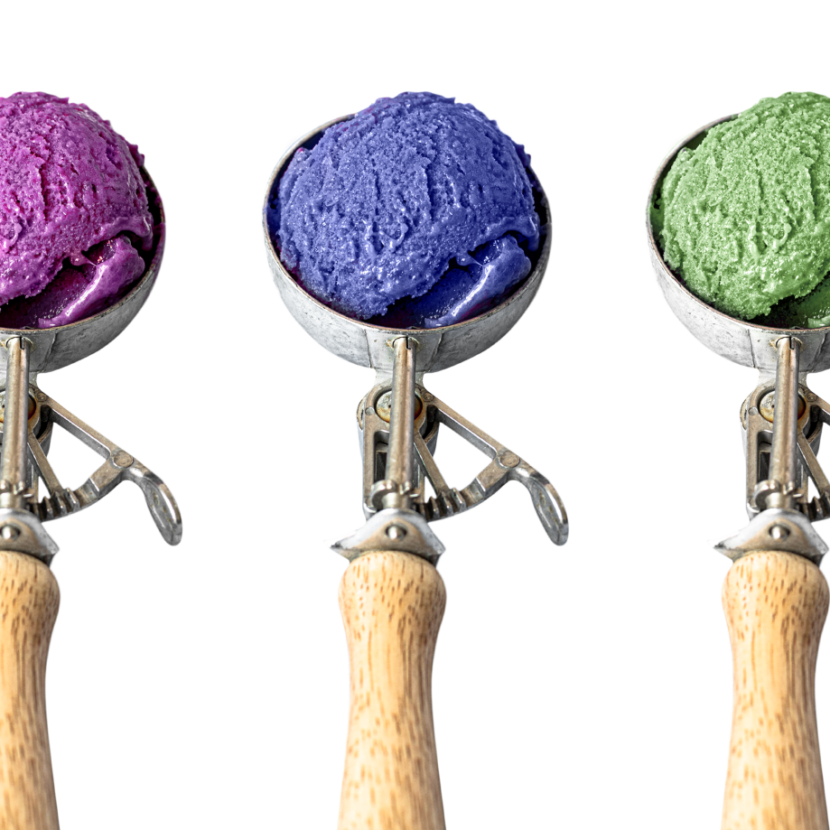
Ice Cream and Nazis: The Origin of Moral Choices
If someone didn’t like the same ice cream flavor as you, chances are you wouldn’t stop being friends with them. But you might if you found out that they were a Nazi sympathizer. What we see as moral choices are fundamentally different than other preferences. In today’s podcast with Dr. P. Kyle Stanford of UC Irvine, we discuss how they may have been a basis on which modern society was created.
Let There be Light: First Stars and Cosmic Dawn
Billions of years ago, the first star was born, and the Universe would never be the same. But how do we know what these first stars were like? How did the stars change the Universe to what we see today? Today we are joined by Dr. Harish Vedantham to discuss how we can observe these first stars, the radio array LOFAR, and how hard it is to see back in time.
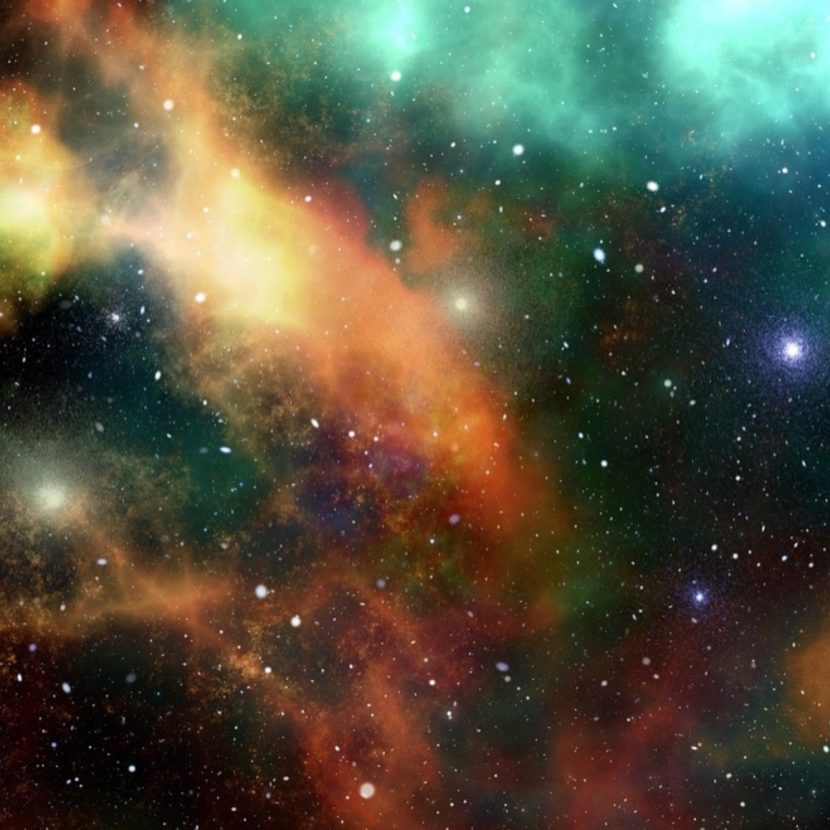
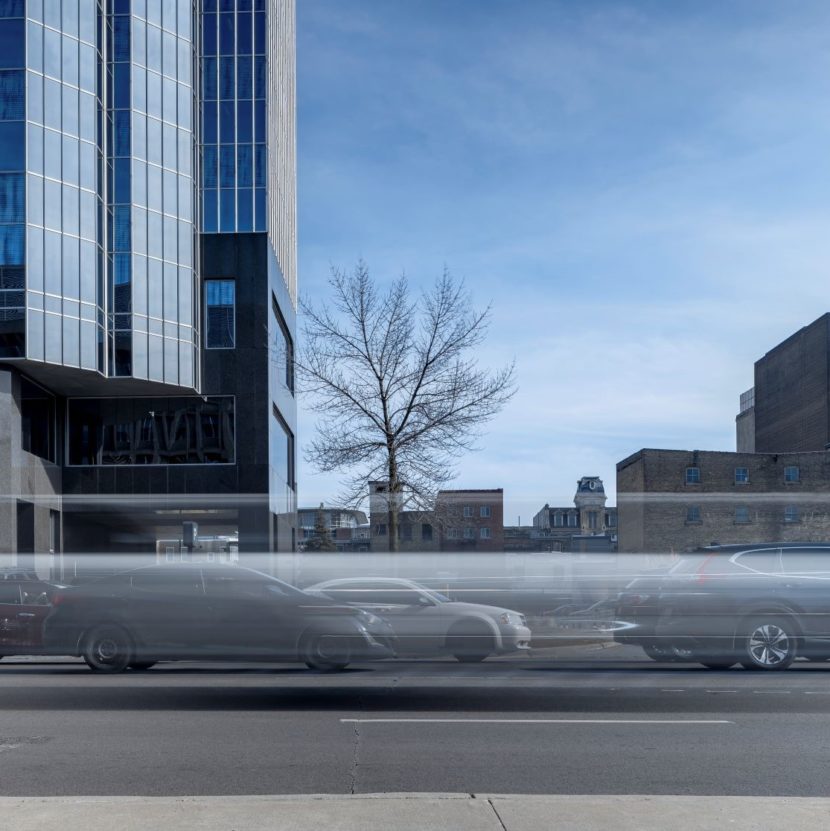
Crowdsensing the Noise
Noise is everywhere in our lives. Today we talk to Julia Buwaya, a mobile crowdsensing researcher, on how she utilizes smartphones to “crowdsense”, essentially having hundreds or thousands of people help her gather data to understand the noise in our lives.
The Geology of Us: The Anthropocene
Humans are affecting the Earth on a global scale, and this change will be remembered in the rocks. I talk to Dr. David Grinspoon on how humans are affecting the planet: from new minerals to a shift in the climate to our presence in space. Humankind may be responsible for the planet entering a new geological time period: the Anthropocene.
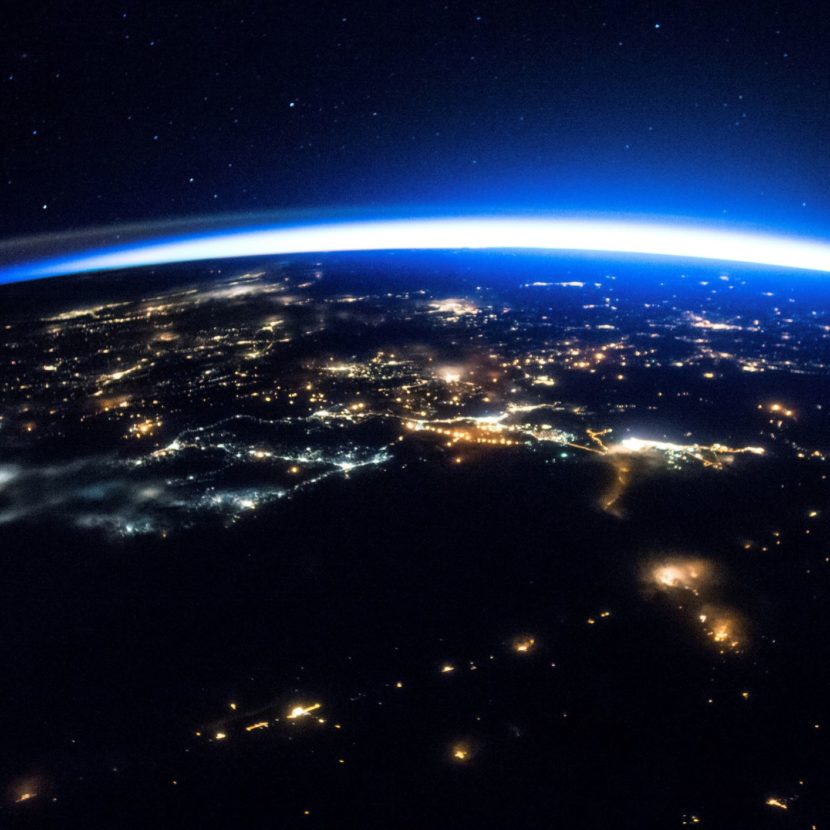

Can Science Help Us Live Forever?
Can science help us live forever? Can it provide a way to stop aging in its tracks? Perhaps the fountain of youth will be obtained within our lifetimes. Today we talk to Dr. Aubrey de Grey from the SENS Research Foundation on therapy that can keep us young and what a world without aging would look like.
Subglacial Lakes and Life on Frozen Moons
Subglacial lakes far beneath the Canadian ice are defying all expectations. We are joined by Anja Rutishauser of the University of Alberta, who discovered these lakes. They could be a terrestrial analog to the under-ice oceans of moons like Europa, and could help us to understand any potential life that exists there.
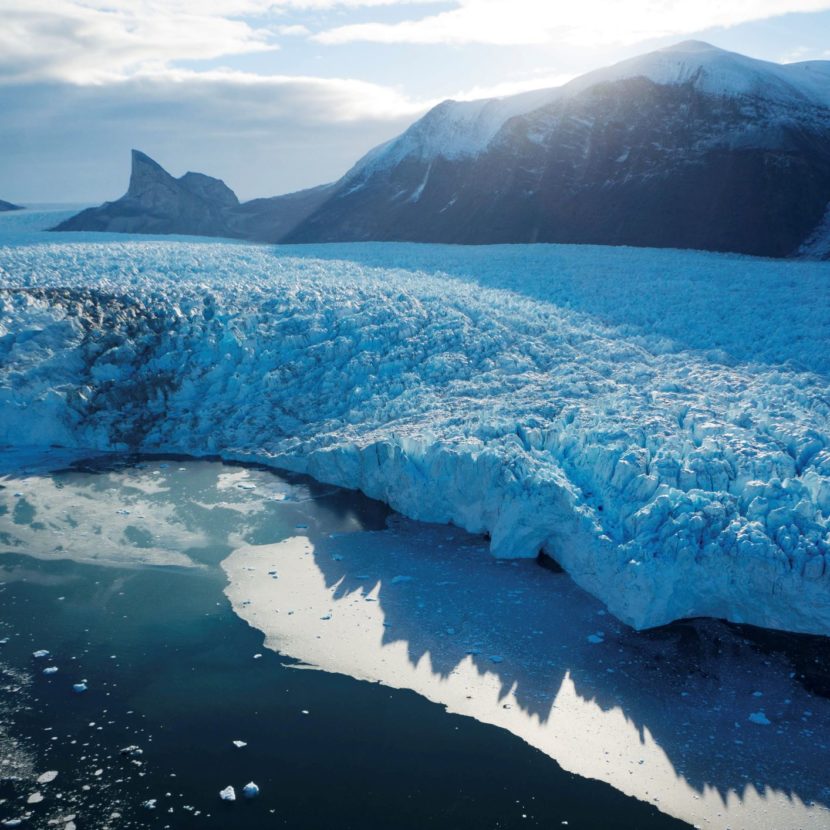

Is there Bias in Machine Learning Algorithms?
Machine learning algorithms can make inferences about our habits. But can these algorithms be biased against certain people or groups of people? Where does this bias come from? And how can we improve these algorithms? We are joined by Dr. Joshua Kroll from the University of California at Berkeley to discuss bias in machine learning algorithms in everything from your grocery store’s frequent buyer card to the Trump administration’s Extreme Vetting Initiative.
Space Junk, Trash on the Moon, and the Earth’s Copper Ring
Is there really a toothbrush orbiting the Earth? And does Earth really have a ring – made of copper? Dr. Lisa Ruth Rand joins us on the podcast today to talk about space junk, the Cold War, trash and the Moon landing, and how debris in space may outlive us all.
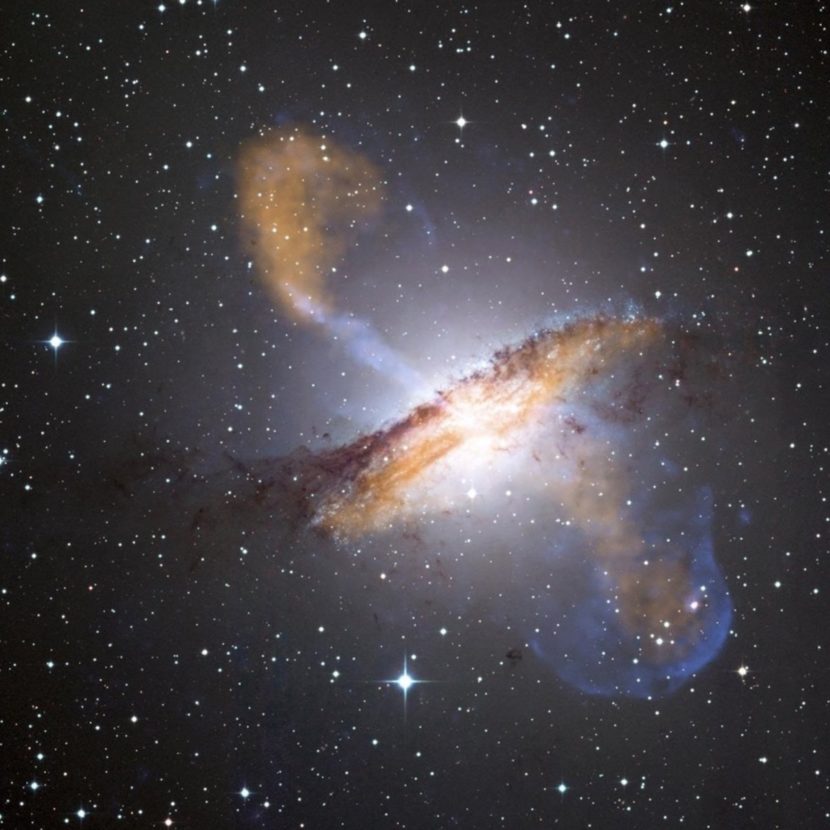
The Pope’s Astronomer
Today we talk to Brother Guy Consolmagno, the Pope’s Astronomer, on meteorites and why, as humans, we are drawn to do pure science. We discuss science and religion, find out if they really are at odds, and whether or not he would baptize an extraterrestrial.
There’s More to Color than Meets the Eye
Is color just a physical property of objects? If it is, how would we explain why so many people got in arguments about the color of the infamous “dress”? It turns out, color is not just in the world – it’s also in our minds. Today we talk to Dr. Mazviita Chirimuuta about how much our brains are involved in understanding the colorful world around us.

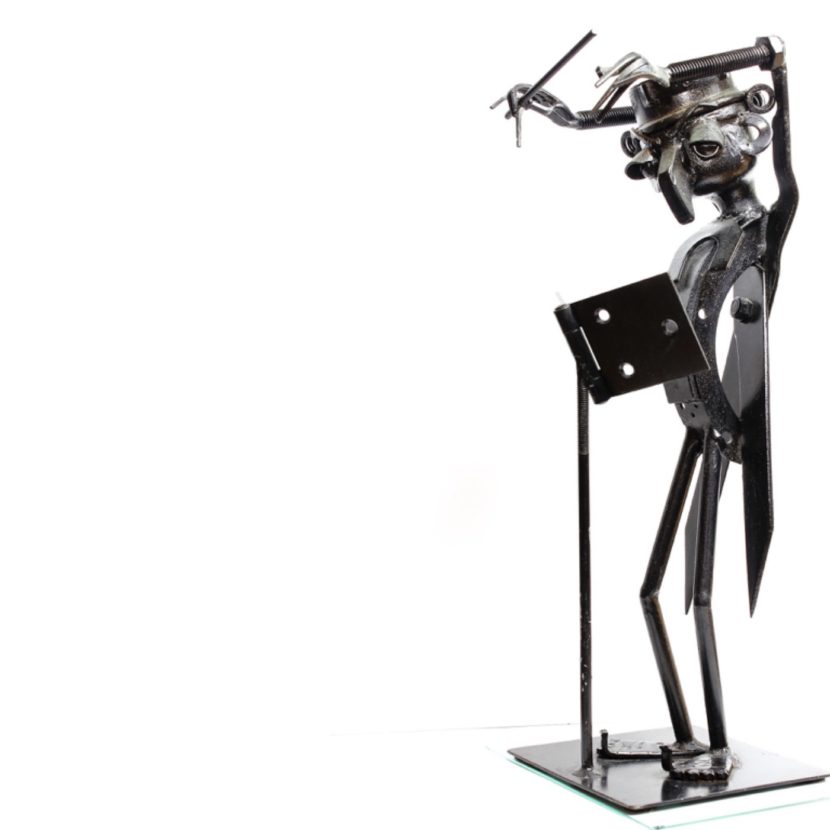
Can AI be Creative?
Can AI be creative? Today we talk with Dr. Maya Ackerman about AI creativity in the form of songwriting, and even listen to a song composed with artificial intelligence!
What Happens Next Will Blow Your Mind! Using Natural Language Processing to Find Fake News, Satire, and Clickbait
Have you ever been deceived by fake news? Couldn’t resist that click-bait? With more and more news sources, it sometimes becomes hard to tell the truth from the lies. Today we are joined by Dr. Victoria Rubin and her group, who discuss using Natural Language Processing to detect various types of deceptive news.


The Philosophy of the Self: From Spirituality to Neuroscience
What is the self? Is the self an entity, or is it a process, continually being created? In today’s podcast, Dr. Evan Thompson joins me to discuss how two very different schools of thought – neuroscience and Eastern spirituality – grapple with the concept of the self.


